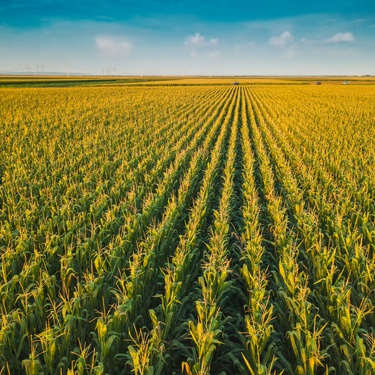
Monoculture farming, the practice of growing a single crop over large areas, has dominated modern agriculture for decades. However, its drawbacks are becoming harder to ignore. The reason moving on from monoculture farming is so important lies in the undeniable environmental, economic, and social challenges it creates. Transitioning to diverse farming practices offers opportunities for sustainability, resilience, and long-term health of our ecosystems.
The Environmental Toll of Monoculture Farming
Extensive monoculture fields deplete soil nutrients at an alarming rate, leaving land less fertile over time. This degradation forces farmers to rely heavily on chemical fertilizers, which harm water sources and local biodiversity. Crop homogeneity also attracts specific pests, often leading to excessive pesticide use that further disrupts ecosystems. Shifting away from monoculture encourages crop rotation and diversity, which naturally restore soil health and reduce the need for synthetic inputs.
Economic Vulnerability on Monoculture Farms
Relying on one crop can be financially risky. A single pest outbreak, disease, or market shift can devastate an entire year’s earnings. Diversified farming systems, on the other hand, spread economic risk by producing multiple income streams. Mixed cropping creates flexibility and opens up new markets, positioning farms to more successfully weather uncertainties.
Supporting Sustainable Farming Practices
Adopting sustainable methods like agroforestry, polyculture, and regenerative agriculture supports ecosystems and enhances productivity in the long run. Conservation easements can make farm management easier, and they will often change a farm’s operations to be more aligned with sustainable goals. These practices encourage the natural balance of ecosystems, benefiting both the land and the surrounding communities.
Building Resilient Food Systems
Monoculture farming’s vulnerability to climate change presents a critical issue. Extreme weather often destroys entire crops, exacerbating food insecurity. Diverse farming systems improve resilience by spreading risks and making it easier for farmers to adapt to changing weather patterns. Diverse crop production also enriches local diets, making food supplies more nutritionally balanced and dependable.
Conclusion
Breaking free from monoculture farming isn’t just an environmental choice; it’s a necessary step for economic stability and sustainable development. Why moving on from monoculture farming is so important becomes clear when considering the pressing need to preserve ecosystems, secure food systems, and ensure long-term farm viability. By adopting more diverse and resilient agricultural practices, we can protect the planet and build a better future for farming communities worldwide.
Bio: Casey is a passionate copyeditor highly motivated to provide compelling SEO content in the digital marketing space. Her expertise includes a vast range of industries from highly technical, consumer, and lifestyle-based, with an emphasis on attention to detail and readability.




















